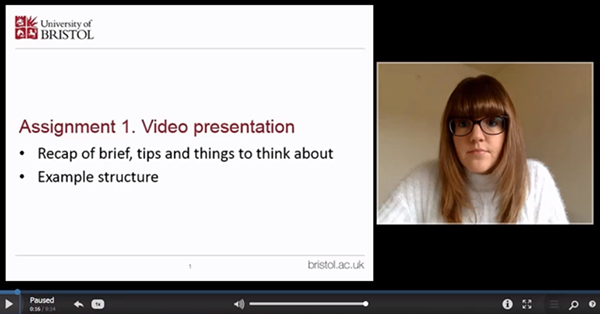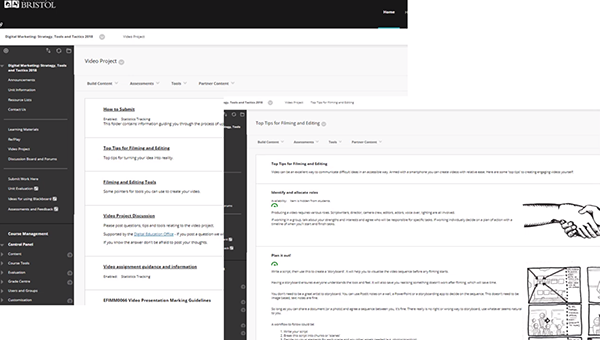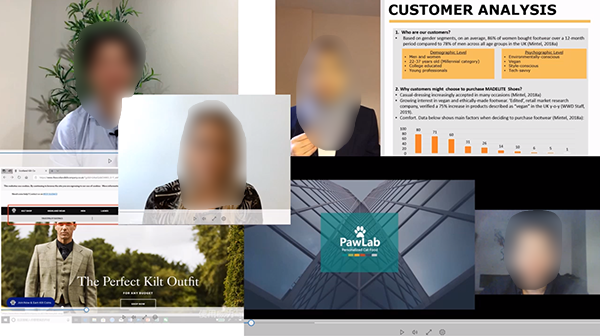School of Management
Assessment is not just a means to determine the achievement of ILOs, but also a valuable learning experience. Digital content creation and editing skills are important tools in the working world of marketing these days, so Emma decided to redesign the assessment on a postgraduate digital marketing unit to give students the ability to develop or hone their existing skills by producing videos.
Recognizing that this might be a nerve-wracking prospect for students who most of the time are far more familiar with exams, written assignments or face-to-face presentations as assessment formats, she put a number of things in place to help them overcome their fears and encourage their enthusiasm.
One of them was to create a video herself (this was before the digital transition of teaching caused by the pandemic), to talk them through the assignment and gave them some examples of what they could do. This also enabled her to see first hand some of the problems they might encounter so that she could share these learnings with her students.
The Digital Education Office provided support, including putting a whole section of resources into the Blackboard space for Emma and her students.


Students' creativity went way above Emma's expectations, and, for her, this was one of the best marking experiences she's had.

She ran a short voluntary anonymous survey with the students after they'd submitted their assignments but before receiving their marks. The quantitative data showed students were a bit more anxious undertaking the video assignment than written assignments, but on the whole they were far more satisfied after completing the video assignment compared to written assignments or face-to-face presentations, and really importantly they generally felt strongly that they had been given the opportunity to develop new skills and that these skills would be useful for their future careers. Most of their positive qualitative comments to the open-ended questions relate to the skills they were able to develop and how much they enjoyed doing something different from their usual assignments. One of the students even got in touch after graduating to tell Emma that the assignment had given her a key talking point at graduate job interviews.